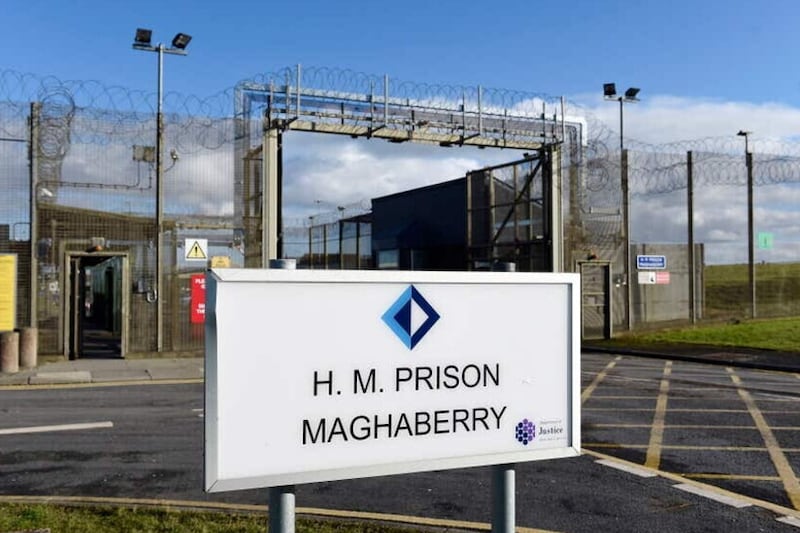HOSTELS should be considered as an alternative to recalling offenders to custody, according to a new report.
The Criminal Justice Inspectorate (CJI), which examined the impact of prisoner recalls, said the use of "step up, step down" facilities could be cost-effective.
CJI chief inspector Brendan McGuigan said: "We believe it would be beneficial to consider the use of hostels or other 'step-up, step-down' facilities as an alternative to direct recall to prison, where it is appropriate and the risk of further offending and need to maintain public safety, can be effectively managed."
Under the provisions of the Criminal Justice (Northern Ireland) Order 2008 (CJO) an offender whose behaviour poses a risk to the community can be returned to prison.
Of the 2,505 prisoners released from custody up until August 2015, some 723 (29 per cent) were subsequently brought back to jail, a drop of 6 per cent since 2010.
Inspectors found the impact on the criminal justice system was "varied" and included an increased prison population, additional demand on probation services and extra workloads for the Parole Commissioners as well the Department of Justice to expedite requests.
Mr McGuigan said: "This inspection report has shown that offenders who have attempted to deal with their offending behaviour while in prison and are released on licence, can through engagement with probation staff and the support of family, friends and their community, move on and contribute positively to society.
"However, others who do not address their offending behaviour, experience mental illness, have limited family support, poor life skills or education and may face homelessness, alcohol or drug addiction, struggle to keep from re-offending or breaching their parole or licence conditions and are recalled to custody.
"At one level recall can been seen as a failure or setback in the rehabilitation process and efforts to reduce re-offending. But it is also an effective intervention when an offender's behaviour means supervision in the community is no longer deemed safe, or there is an increase in the risk of further offences being committed."








